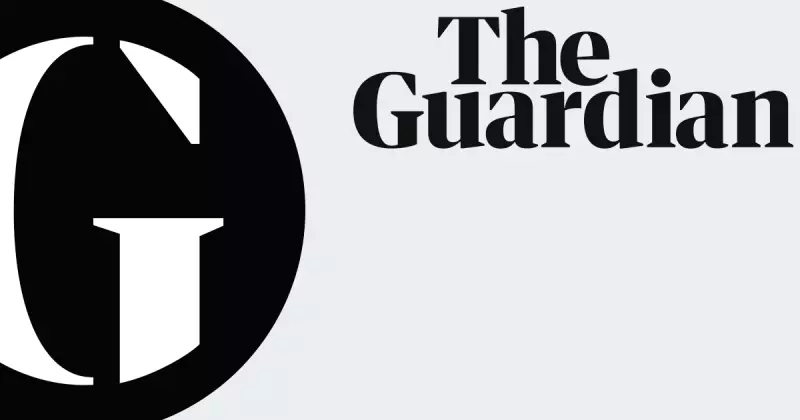
Once the undisputed champions of youth culture, millennials now find themselves in an unfamiliar and uncomfortable position: deeply, undeniably uncool. This generational shift from trendsetters to a source of 'cringe' is more than just a pop culture footnote; it's a complex story of economic hardship, technological disruption, and profound social change.
The Perfect Storm of Awkwardness
A confluence of factors created what can only be described as a perfect storm for millennial uncoolness. Unlike their Gen Z successors, millennials came of age during a unique digital transition. Their formative years were a bizarre hybrid of analogue childhoods and digital adulthoods, leaving a permanent mark on their cultural output.
The key elements include:
- The Economic Blow: Entering the job market during the 2008 financial crisis created a pervasive sense of financial insecurity that stifled creative risk-taking.
- The Digital Double-Edged Sword: Adopting social media as adults, rather than natives, led to a permanent, often awkward, online footprint.
- The Nostalgia Trap: A relentless mining of 90s and 00s culture for comfort created a loop that prevented cultural evolution.
Anxiety as a Cultural Cornerstone
Perhaps the most defining feature of the millennial 'cringe' is its underpinning of anxiety. Where Gen Z projects curated confidence and ironic detachment, millennial culture is often characterised by a palpable sense of earnestness and worry. This manifests in a desperate need to qualify statements, to seek validation, and to over-explain—all behaviours that now read as deeply uncool to the cynical eyes of younger generations.
The Psychological Toll of Being 'Cringe'
Being labelled the 'cringe' generation is not without its consequences. This cultural dismissal intersects with very real millennial struggles: the gig economy, unaffordable housing, and political disillusionment. The feeling of being culturally left behind adds a layer of psychological strain to existing economic pressures, creating a unique form of generational alienation.
Beyond the Meme: A Legacy Re-evaluated
While easily mocked for their love of avocado toast and skinny jeans, the millennial propensity for earnestness also fostered positive change. This is the generation that pushed mental health awareness into the mainstream, championed social justice causes, and began to critically dismantle outdated workplace cultures. Their 'cringe' might simply be the price paid for being the first to navigate a hyper-connected, brutally transparent world.
Ultimately, the story of millennial uncoolness is a cautionary tale about the fleeting nature of cultural capital and a fascinating lens through which to examine how technology, economy, and psychology collide to define a generation's identity.





